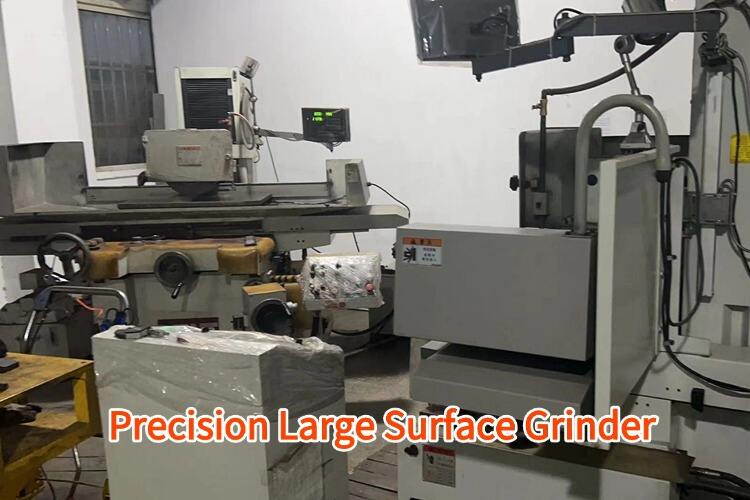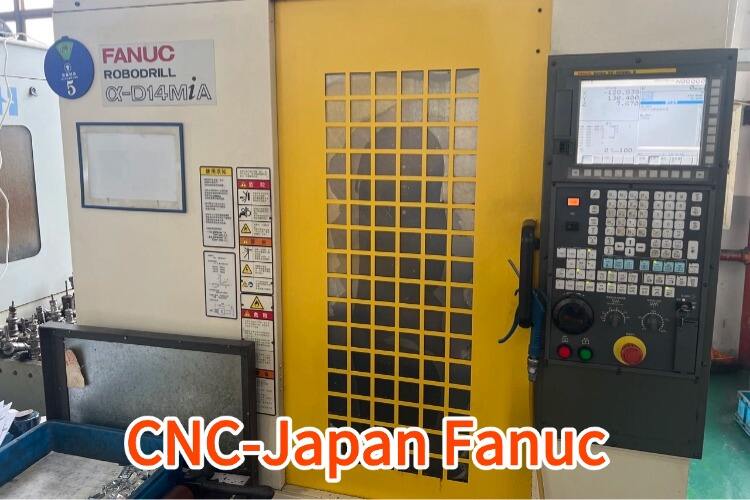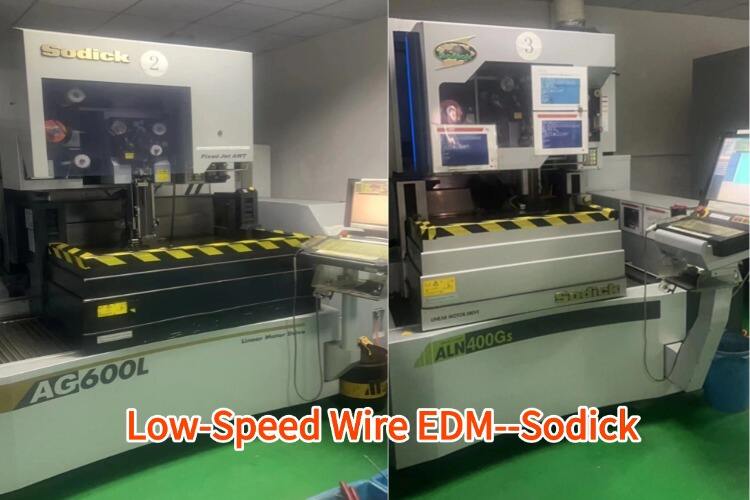قطعات ماشینکاری دقیق CNC
اجزای مکانیکی CNC نیمهخودکار نمایانگر اوج فناوری تولید مدرن هستند که دقت و یکسانی بینظیری در تولید اجزا ارائه میدهند. این اجزاء از طریق سیستمهای کنترل عددی کامپیوتری (CNC) ساخته میشوند که طرحهای رقمی را به اجزاء فیزیکی با دقت بیسابقه تبدیل میکنند. این فناوری امکان تولید هندسههای پیچیده و ویژگیهای ریزی را که با روشهای تولید معمولی غیرممکن است، فراهم میآورد. فرآیند مکانیکی شامل ابزارهای برش چند محور پیشرفته است که میتوانند با انواع مواد مختلف، از جمله فلزات، پلاستیکها و ترکیبات، برای ایجاد اجزاء با تحمل تا +/– 0.001 اینچ کار کنند. این اجزاء در صنایعی که نیازمند دقت بالا هستند، مانند فضایی، خودرو، دستگاههای پزشکی و تولید الکترونیکی، ضروری هستند. طبیعت خودکار CNC مکانیکی کیفیت قابل تکرار را در تمام دورههای تولید تضمین میکند، در حالی که سیستمهای کنترل کیفیت پیشرفته هر جنبهای از فرآیند تولید را نظارت میکنند. ماشینآلات CNC مدرن از نظارت واقعی-زمان و سیستمهای کنترل تطبیقی برای تنظیم پارامترهای برش در حین کار استفاده میکنند که به دست آوردن سطح شکوفا و دقت ابعادی بهینه را تضمین میکند. این اجزاء دقیق اغلب به عنوان اجزای کلیدی در مجموعههای بزرگ عمل میکنند که در آنها قابلیت اعتماد و مشخصات دقیق الزامی هستند.


